Halloween, or Hallowe’en (shortened from “All Hallows’ Eve”), is celebrated worldwide on October 31. The day honours faithfully departed souls, saints and martyrs.
On Halloween, kids go “guising,” or trick-or-treating while wearing disguises, go to Halloween costume parties, carve pumpkins into jack-o’-lanterns, pull pranks, go to haunted places, share spooky stories, etc.

The concept of “cosplay” has grown in popularity over time, making costume parties more and more interesting. Cosplay, which combines the words costume and play, is a form of performance art in which participants, known as cosplayers, dress up as various characters by donning outfits, wigs, and accessories.
Cosplayers frequently wear cosplay contact lenses. A variety of colored, decorated, or theatrically designed contact lenses are available. It is important to note that these lenses are not over-the-counter or cosmetic products even though they are part of costumes.
The American Food and Drug Administration is in charge of regulating these medical devices. It is against the law for businesses to sell them without a prescription over the counter or in advertisements as cosmetics.
5 tips for using Decorative contact Lenses
1. Routine eye examination
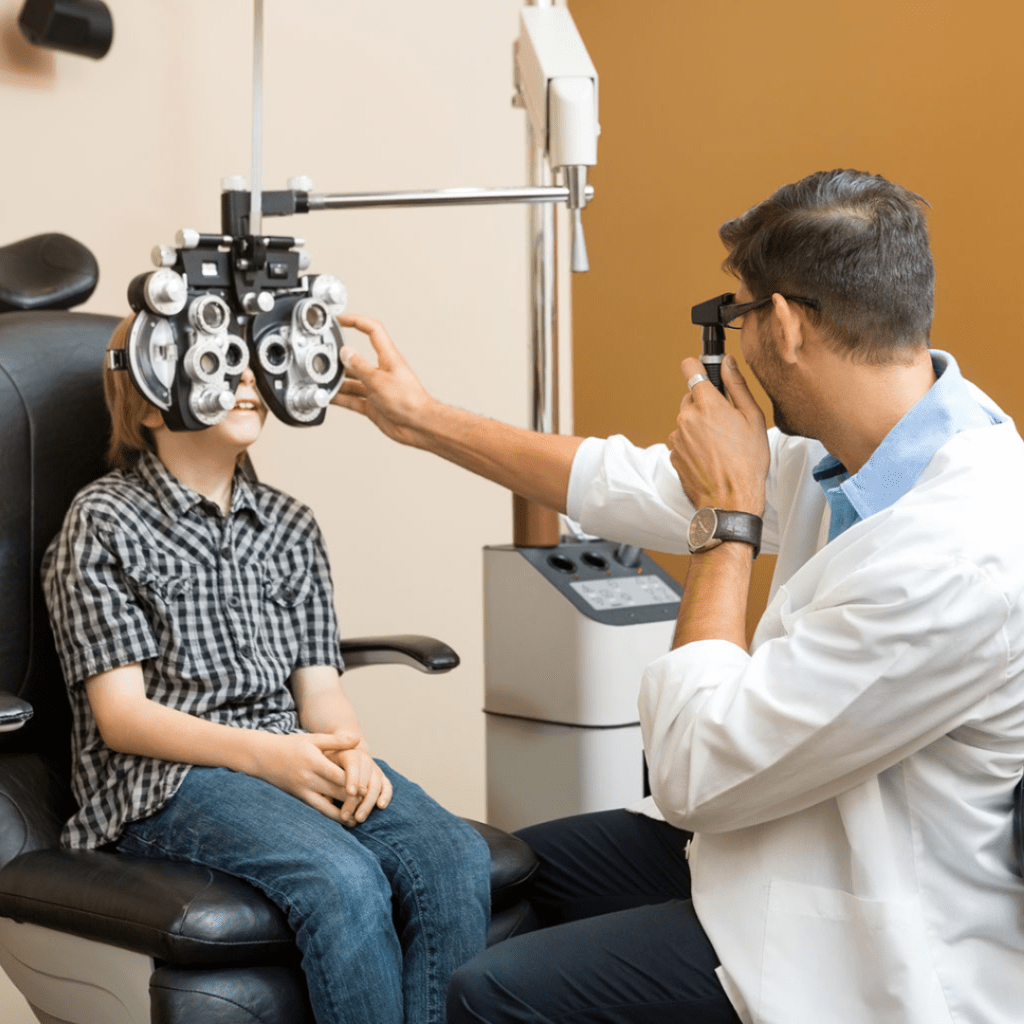
Before using these contact lenses on your eyes, it’s crucial to have a complete eye exam and have your prescription filled.
A certified ophthalmologist will examine your eyes, perform the refraction, and provide you with the prescription. If you don’t have refractive error, the prescription still matters because it will mention “plano” or a “0 number”.
Receiving an eye exam and prescription from an eye clinic will guarantee the validity, quality, sterility, and fit of the contact lenses.
Your contact lenses’ fit is extremely crucial. An improper fit could harm your eyes. Always follow your doctor’s advice and have your eyes checked regularly.
2. Contact lens hygiene:
Adhere to the wearing, cleaning, and disinfecting instructions included with your contacts. Discard the daily wear contact lens after single use.
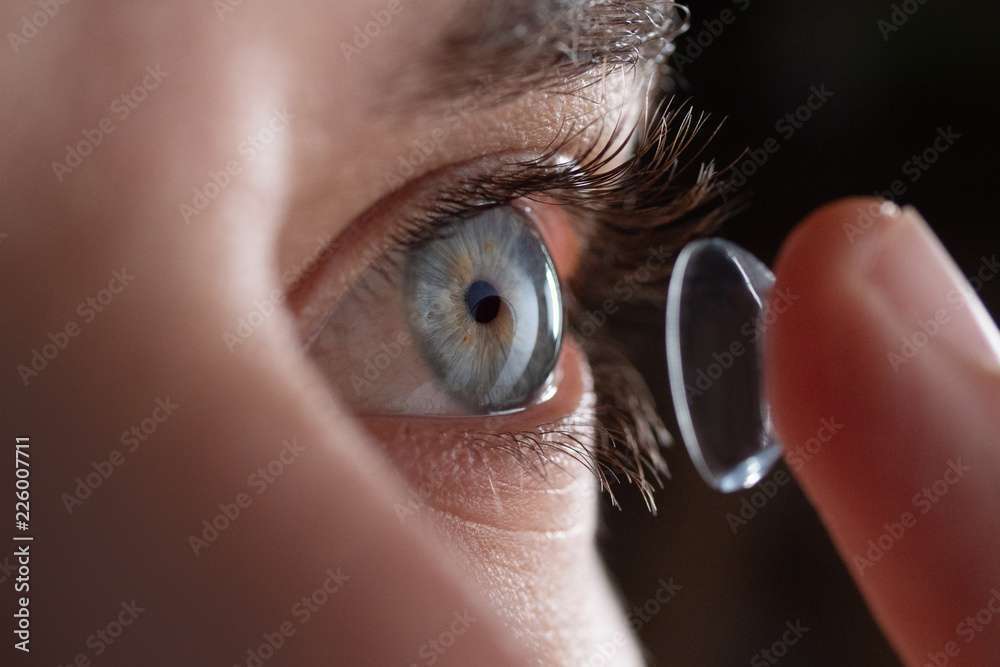
If cosplay contact lenses are reusable, they must be disinfected with a cleaning solution prescribed by your eye doctor.
Gently rub the lenses in the solution for 20 seconds. Place your contact lenses in the solution-filled case. Every 20 to 30 days, change the solution.
Make sure the contact lenses have not hit it’s expiry.
Taking care of your contact lenses is crucial to avoid infections and other issues that could harm your eye health and vision. Read 9 COMMON CONTACT LENS RELATED PROBLEMS.
Ask an eye doctor for instructions if you don’t get any. If you notice any redness, persistent pain, or discharge in your eyes, you should take off your contacts and get medical help right away.
3. Do not share your contact lenses with anyone:
Contact lenses are customized for each individual, so sharing is not recommended.
4. Never overuse or go to bed wearing your contact lenses.
Since corneas get most of the oxygen from the atmospheric air, it goes without saying that anything covering them will result in a reduced oxygen supply.
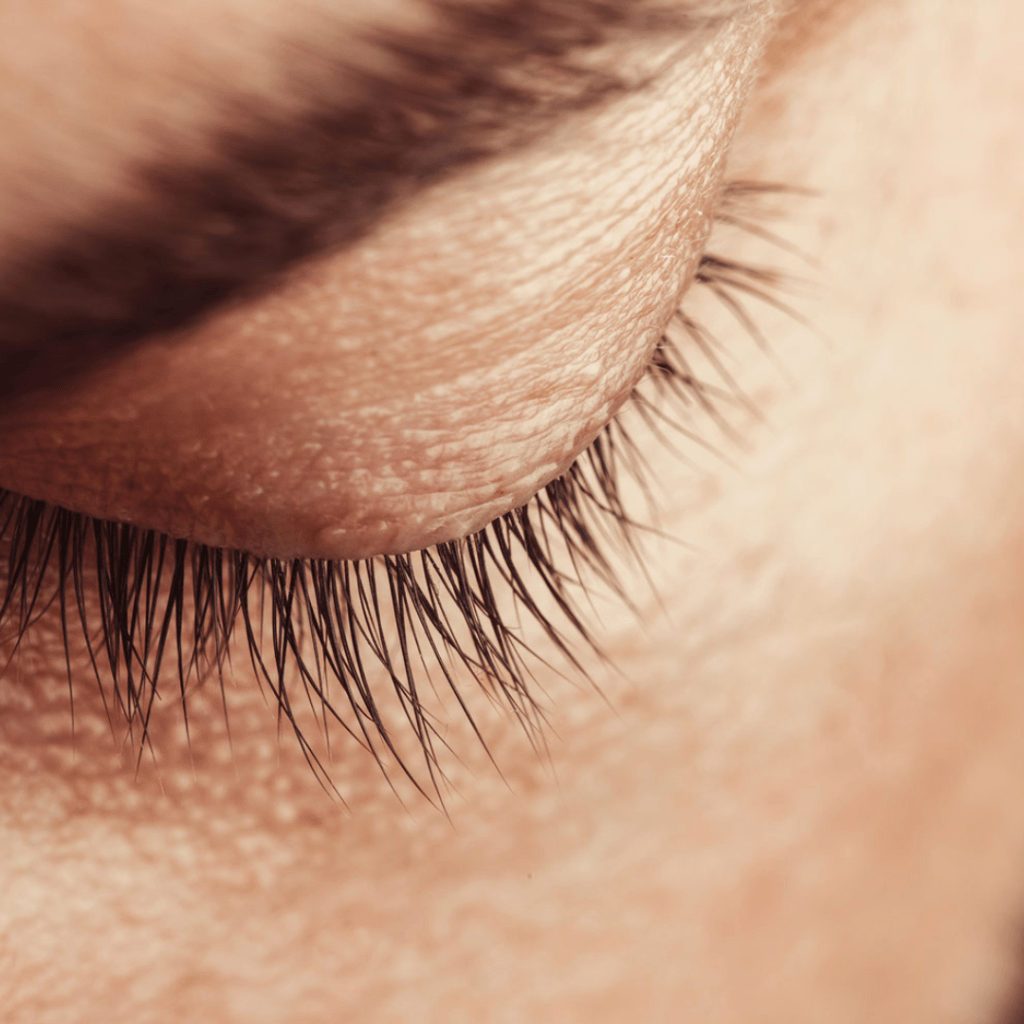
Wear for a brief period of time only. The Dk/t value measures a contact lens’ oxygen transmissibility and an acceptable value ensures that the cornea will not become hypoxic.
Most silicone hydrogel contact lenses in the market today have a Dk/t value of 100 or higher. Materials used in cosplay lenses do not have good breathability and have a much lower DK/t value, as low as 8 or 9. As a result, wearing them for longer than 6- 8 hours a day is not advised.
5. Lubricating eye drops
Keep lubricating eye drops close and use them in case of eye dryness. A contact lens-safe lubricating eye drop can be applied topically to lubricate and nourish the eyes.
WHY SHOULDN’T CONTACT LENSES BE PURCHASED WITHOUT A PRESCRIPTION?
1. Safety issues:
FDA site mentions that you should never buy contact lenses from a street vendor, beauty supply store, flea market, novelty store, or Halloween store. This is because just like the corrective contact lenses, coloured contact lenses are classified as medical devices. The safety and effectiveness of these products are governed by the U.S. Food and Drug Administration in the same manner as contact lenses for vision correction.
2. Fitting issues
The contact lenses you purchase online might not fit properly or might not function properly. Your eyes may even be harmed. The outer layer of your eye can occasionally become damaged while wearing contact lenses (cornea).
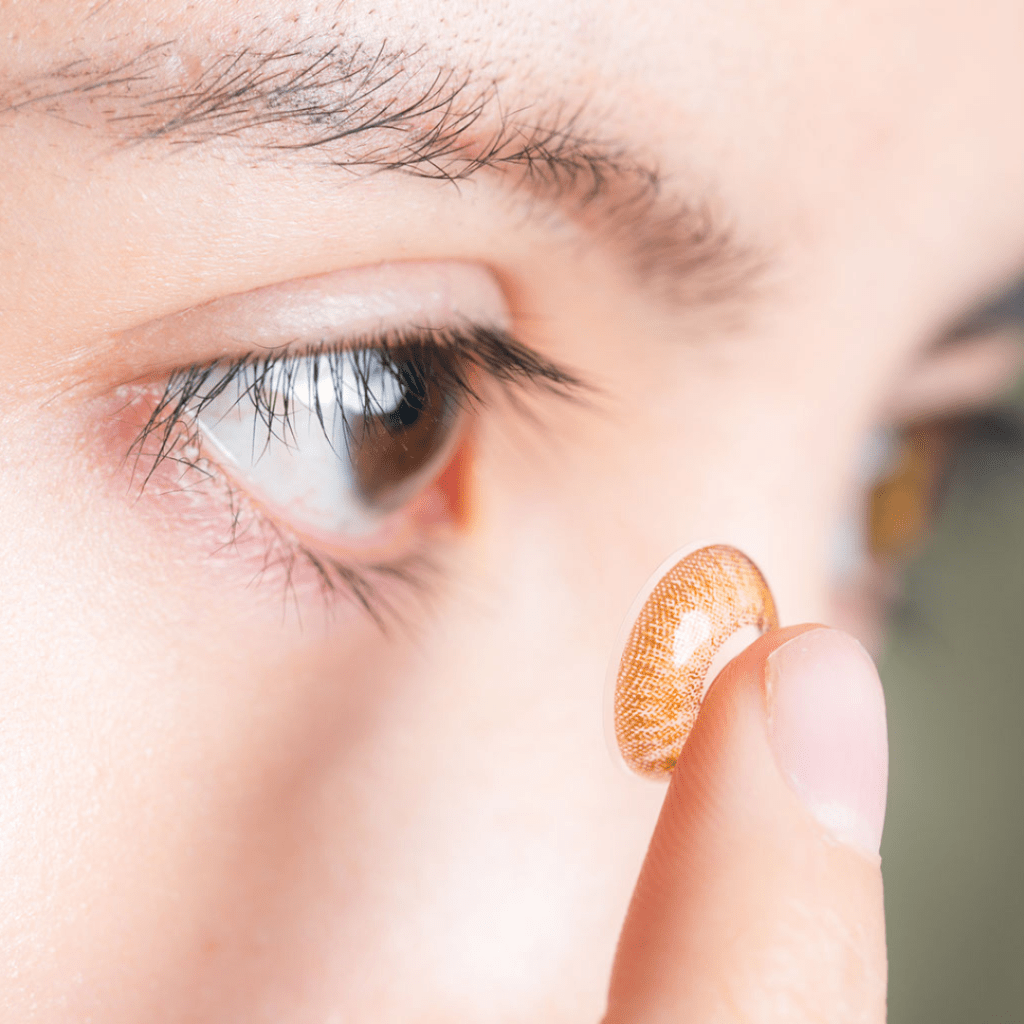
This low breathability of these cosplay contact lenses can cause the corneas to become hypoxic, which can have a variety of short- and long-term effects, including blindness.
Your doctor can assist you in finding the ideal fit, making sure it is not too tight to ensure tears are flowing behind the lens onto the cornea to give it some oxygen and nutrition.
3. No accountability
The vendor bears no responsibility for the resulting eye damage. You can lessen the possibility of eye damage by getting eye checkups and purchasing contact lenses with a prescription from a registered eye practioner.
4. Illegal
It’s crucial that, when shopping online, you only purchase contact lenses from merchants who stock FDA-cleared or approved brands and demand a valid prescription.
Anyone who wants to sell you contact lenses must obtain your prescription and check it with your doctor. Along with the prescription, they should ask for your doctor’s name and contact information. If they don’t ask for this information, they may be selling you illegal contact lenses and breaking the law on the federal level.
Never forget that purchasing contact lenses without a prescription is risky.
5. Incomplete information
The instructions for using contact lenses safely are frequently missing from online purchases of contact lenses. Before using them, one should be aware of the safety precautions and guidelines. Use only fresh products; never use dried, cut, or scratched lenses. These could severely damage your corneas.
RED FLAGS:
If you experience any of the following symptoms, remove your contact lenses, see your doctor right away, and get medical help:
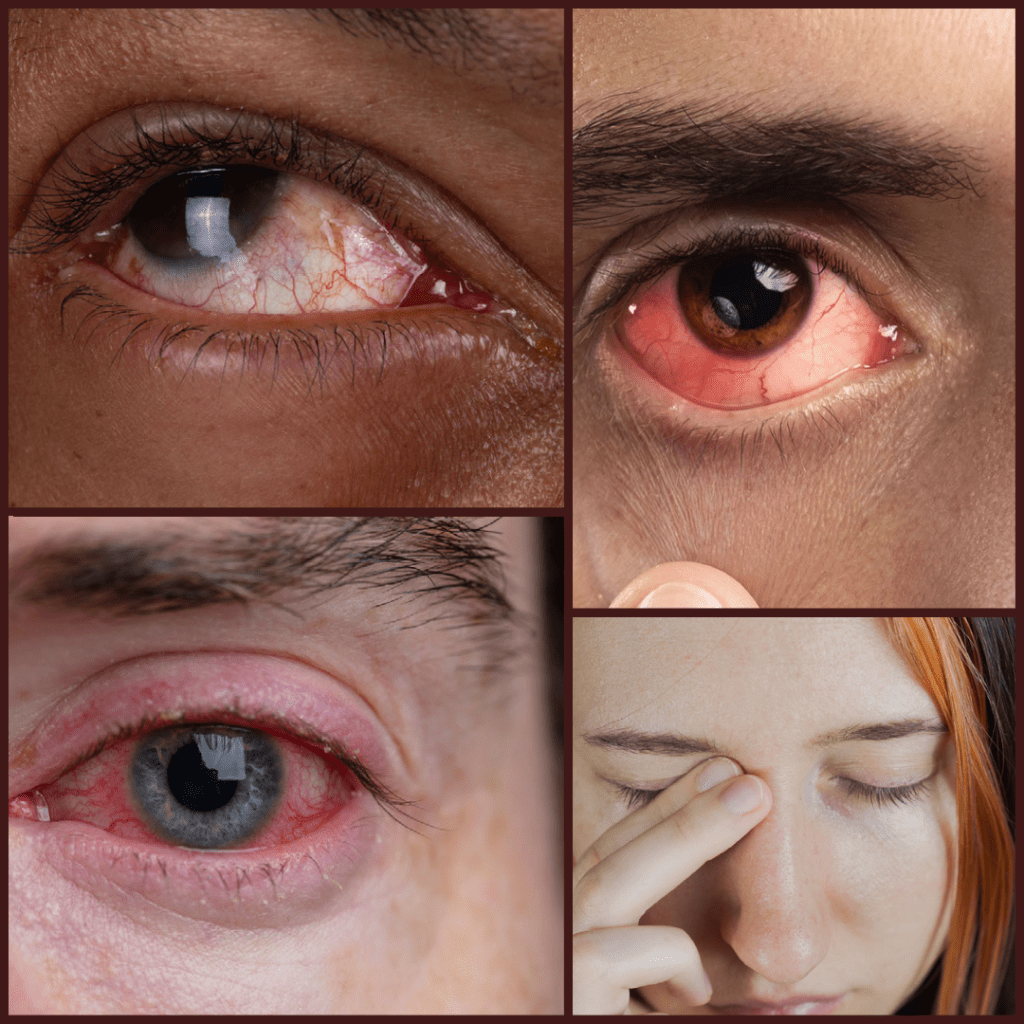
- Corneal wound or scratch
- Itching
- Watering
- Foreign body sensation
- Eye discharge
- Blurry vision
- Redness
- Vision loss
